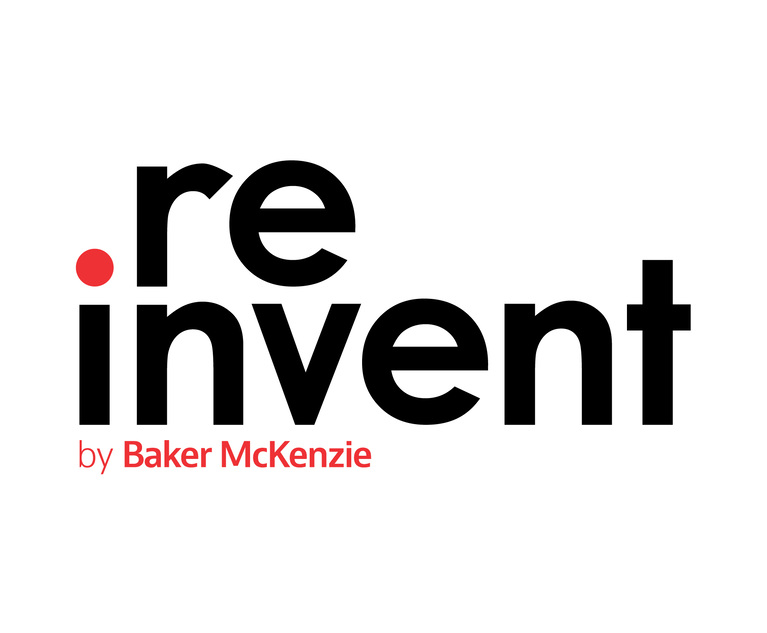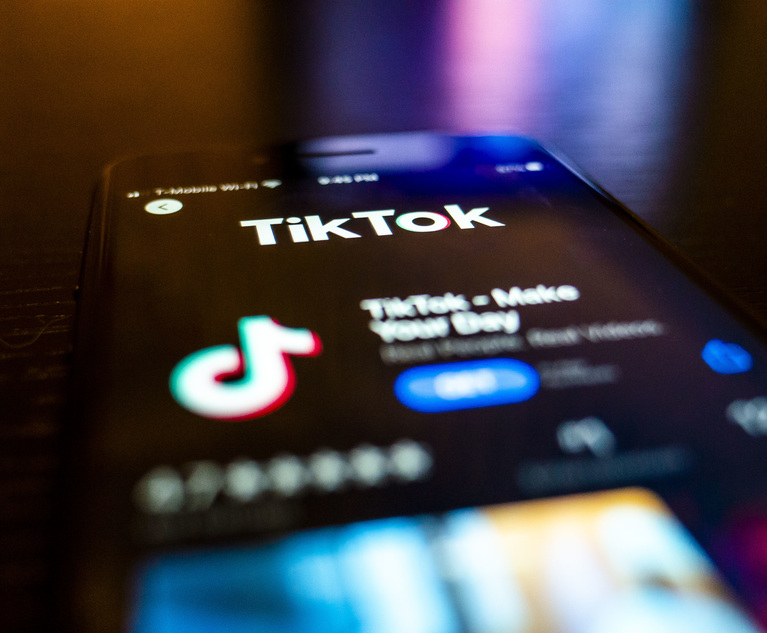Generative AI continues its march through the legal industry, but it’s far from a ChatGPT story, or even an OpenAI one. Much of the focus in the past month or two has been on how legal tech companies are incorporating GPT-3 models into products for application-specific uses, including contract work and docket summaries, as well as speculation as to how they might help ediscovery.
Law firms, on the other hand, are harnessing generative AI for a different purpose—to augment attorney workflows in order to improve the delivery of client services and offer better solutions to client problems.
This content has been archived. It is available through our partners, LexisNexis® and Bloomberg Law.
To view this content, please continue to their sites.
Not a Lexis Subscriber?
Subscribe Now
Not a Bloomberg Law Subscriber?
Subscribe Now
LexisNexis® and Bloomberg Law are third party online distributors of the broad collection of current and archived versions of ALM's legal news publications. LexisNexis® and Bloomberg Law customers are able to access and use ALM's content, including content from the National Law Journal, The American Lawyer, Legaltech News, The New York Law Journal, and Corporate Counsel, as well as other sources of legal information.
For questions call 1-877-256-2472 or contact us at [email protected]








